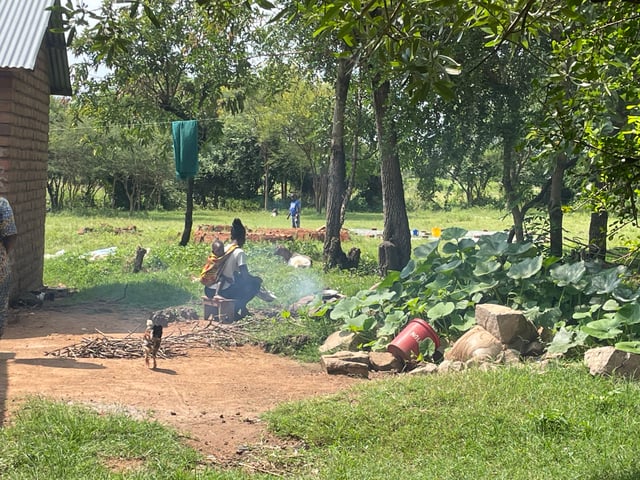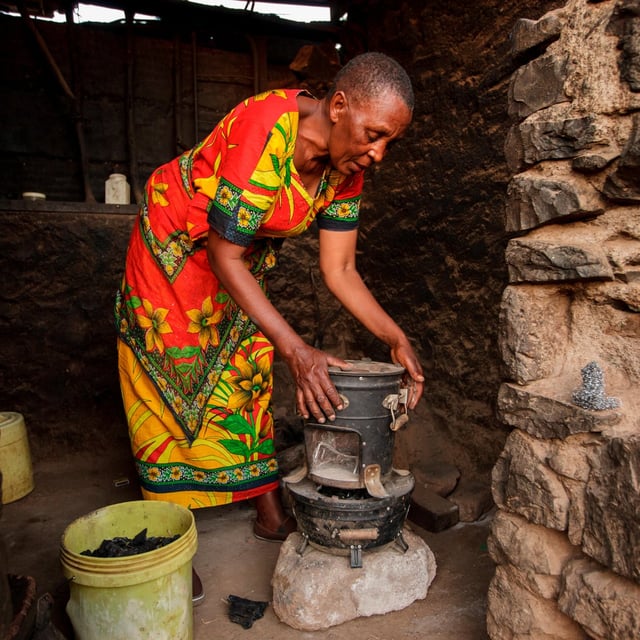Overview
- Efficient cookstove projects, which are the fastest growing type of offset on the global carbon market, overestimate their carbon savings by a factor of 10, undermining efforts to counteract carbon emissions and slow climate change.
- Researchers from the University of California, Berkeley, conducted the first comprehensive, quantitative quality assessment of any type of offset project, comparing five methodologies for evaluating the emission reductions of cookstoves to published studies and their own independent analysis.
- The study found that over-crediting is mostly from exaggerated estimates of stove adoption and use, underestimates of the continued use of the original stove, and high estimates of the impact of fuel collection on forest biomass.
- Gold Standard's Metered methodology, which directly monitors fuel use and credits the cleanest stoves, is most aligned with the study's estimates, being overvalued by a factor of 1.5, and has the largest potential for emissions abatement and health benefit.
- The researchers recommend a shift towards cleaner, health-standard-compliant cooking solutions and advise buyers to prioritize projects that distribute stoves that meet the World Health Organization’s health standards.


